In India’s climate, where hot water usage is a necessity throughout the year, choosing the right water heating system is crucial for cost-effective and environmentally friendly solutions. Both heat pumps and solar water heaters offer energy-efficient alternatives to traditional water heating methods. This article aims to compare the pros and cons of heat pumps and solar water heaters, helping Indian consumers make an informed decision for their specific heating needs. 1. Efficiency: Heat pumps utilize electrical energy to transfer heat from the surrounding environment to heat water, making them highly energy-efficient. In contrast, solar water heaters convert sunlight into thermal energy to heat water directly. While both systems boast impressive efficiency, heat pumps typically have a higher coefficient of performance (COP), meaning they can produce more heat per unit of electricity consumed.
solar water
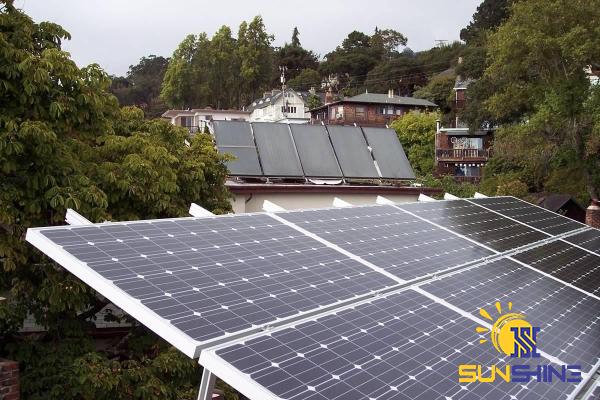 2. Installation: Installing a heat pump requires space, typically indoors, for the equipment and connections. It also necessitates proper insulation and ventilation to optimize performance. On the other hand, solar water heaters require ample rooftop space for solar panel installation and a separate tank for water storage. Homeowners need to consider the available space and structural compatibility before choosing between the two options. 3. Cost: The initial cost of installing a heat pump is relatively higher than that of a solar water heater due to the equipment and installation requirements. However, heat pumps are known for their long lifespan, often exceeding 15 years, which can result in cost savings in the long run. Solar water heaters have a lower upfront cost but may require occasional maintenance or replacement of solar panels, which adds to the overall cost.
2. Installation: Installing a heat pump requires space, typically indoors, for the equipment and connections. It also necessitates proper insulation and ventilation to optimize performance. On the other hand, solar water heaters require ample rooftop space for solar panel installation and a separate tank for water storage. Homeowners need to consider the available space and structural compatibility before choosing between the two options. 3. Cost: The initial cost of installing a heat pump is relatively higher than that of a solar water heater due to the equipment and installation requirements. However, heat pumps are known for their long lifespan, often exceeding 15 years, which can result in cost savings in the long run. Solar water heaters have a lower upfront cost but may require occasional maintenance or replacement of solar panels, which adds to the overall cost.
Specifications of solar water
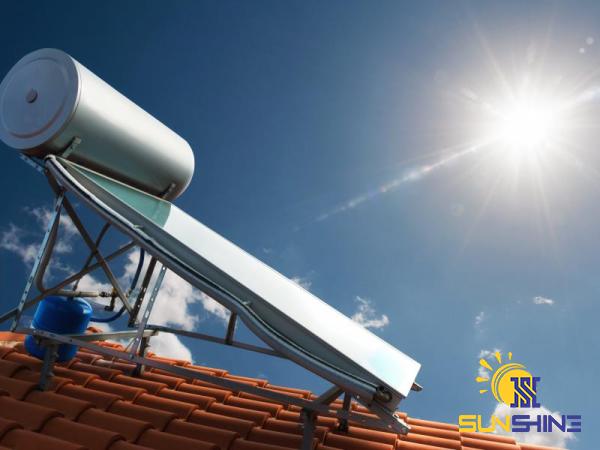 4. Availability and Climate: Solar water heaters excel in regions with ample sunlight, making them ideal for most parts of India. However, they may not perform optimally during cloudy or rainy seasons. Heat pumps, on the other hand, are not directly influenced by weather conditions and can provide consistent hot water throughout the year. Thus, heat pumps present a viable option for areas with irregular sunlight or limited roof space. 5. Environmental Impact: Both heat pumps and solar water heaters are eco-friendly alternatives to conventional heating methods. While solar water heaters directly utilize renewable energy, heat pumps indirectly contribute to reducing carbon emissions by utilizing electricity more efficiently.
4. Availability and Climate: Solar water heaters excel in regions with ample sunlight, making them ideal for most parts of India. However, they may not perform optimally during cloudy or rainy seasons. Heat pumps, on the other hand, are not directly influenced by weather conditions and can provide consistent hot water throughout the year. Thus, heat pumps present a viable option for areas with irregular sunlight or limited roof space. 5. Environmental Impact: Both heat pumps and solar water heaters are eco-friendly alternatives to conventional heating methods. While solar water heaters directly utilize renewable energy, heat pumps indirectly contribute to reducing carbon emissions by utilizing electricity more efficiently.
buy solar water
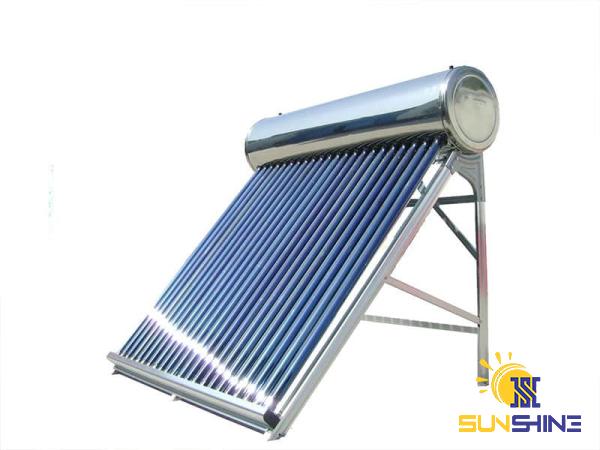 However, it is essential to consider the source of electricity in determining the overall environmental impact of heat pumps. Conclusion: When choosing between a heat pump and a solar water heater in India, it is important to consider factors such as efficiency, installation requirements, cost, availability, and the local climate. While solar water heaters have the advantage of directly harnessing renewable energy, heat pumps offer versatility and consistent performance regardless of seasonal variations. Homeowners should assess their specific needs and consult professionals to make an informed decision that suits both their requirements and budget.
However, it is essential to consider the source of electricity in determining the overall environmental impact of heat pumps. Conclusion: When choosing between a heat pump and a solar water heater in India, it is important to consider factors such as efficiency, installation requirements, cost, availability, and the local climate. While solar water heaters have the advantage of directly harnessing renewable energy, heat pumps offer versatility and consistent performance regardless of seasonal variations. Homeowners should assess their specific needs and consult professionals to make an informed decision that suits both their requirements and budget.
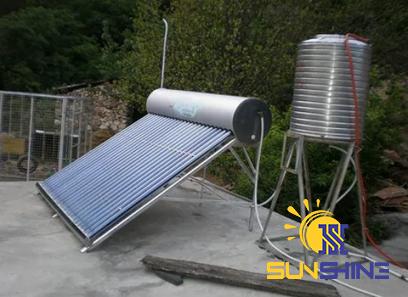
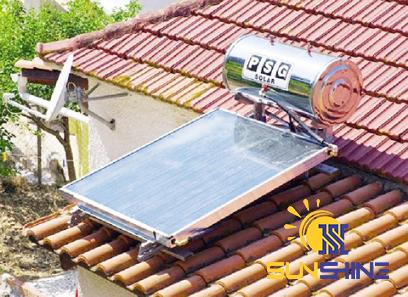
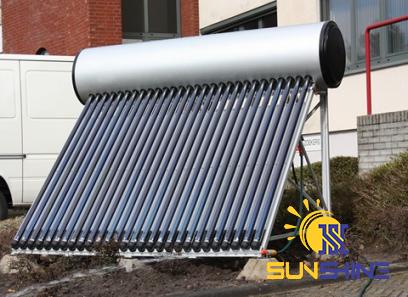
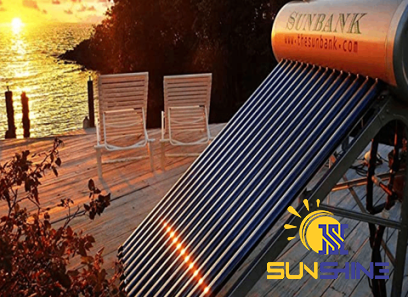
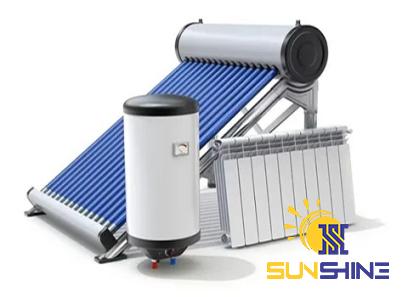
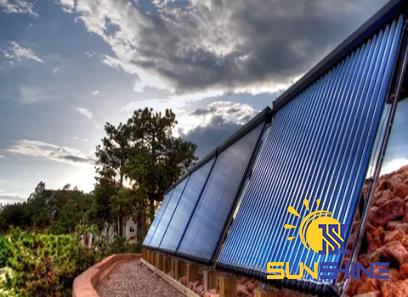
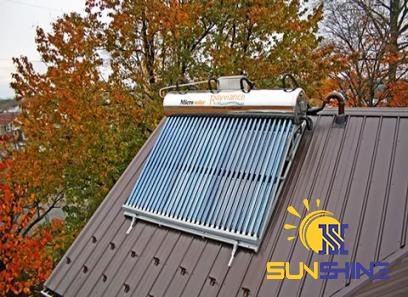
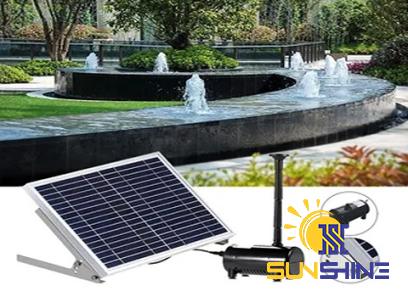
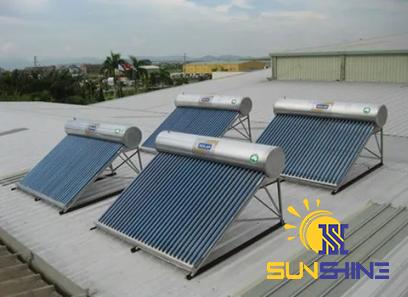
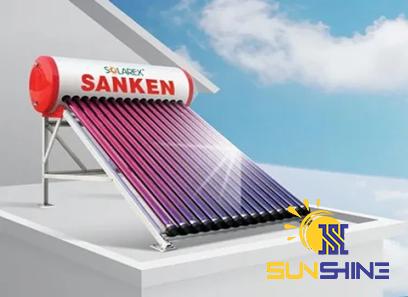
Your comment submitted.